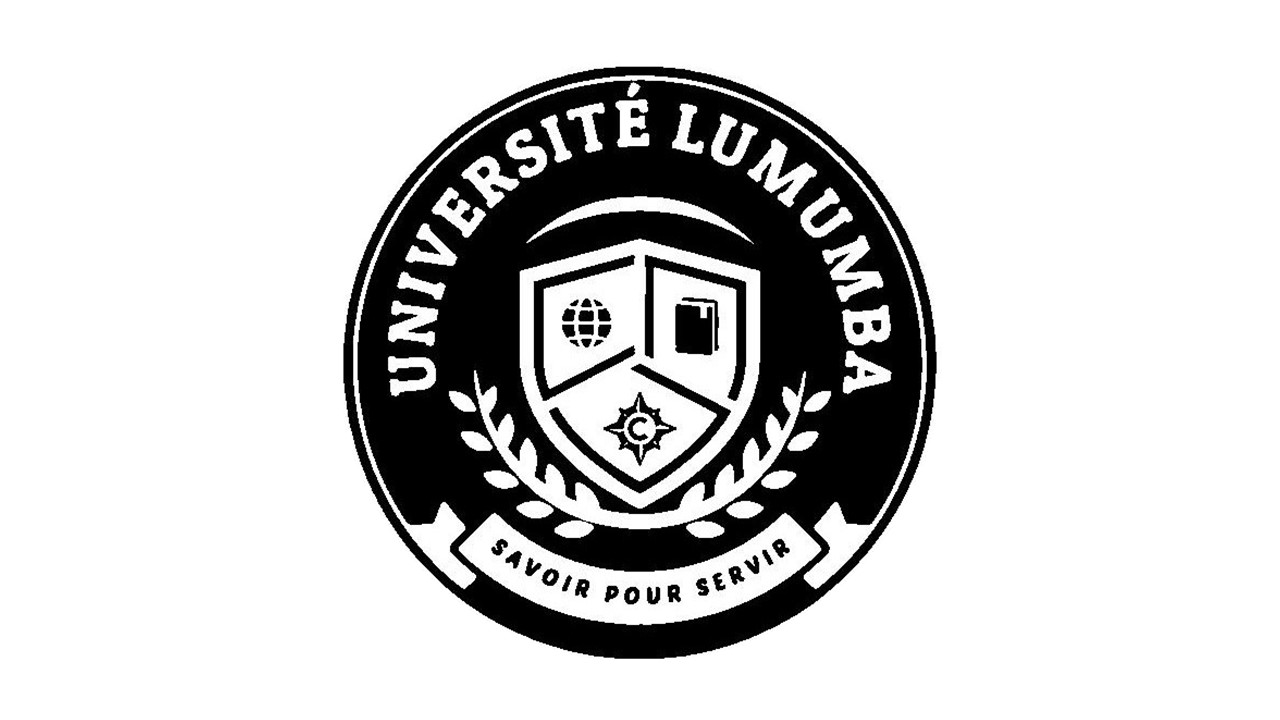Bachelor of Arts in Social Innovation and Impact
Overview
This program focuses on equipping students with the skills to address complex social challenges through innovative and sustainable solutions. The curriculum begins with foundational courses in social entrepreneurship, systems thinking, and human-centered design. Students explore strategies for driving social change, such as building cross-sector partnerships and designing scalable solutions. Courses cover topics like public policy, impact measurement, and ethical leadership, providing a comprehensive understanding of how to create meaningful and lasting change. Practical modules include fundraising, stakeholder engagement, and leveraging technology for social innovation. The program culminates in a capstone project where students design and implement a solution to a pressing social issue.
Professional opportunities:
Graduates of the Bachelor of Arts in Social Innovation and Impact are prepared to lead initiatives that drive social progress and equity. Career opportunities include:
- Social Entrepreneur: Launch and manage ventures that address social or environmental challenges.
- Non-Profit Program Manager: Design and oversee programs that create measurable social impact.
- Policy Advisor: Develop and advocate for policies that promote social innovation and equity.
- Impact Measurement Specialist: Evaluate and report on the success of social initiatives and programs.
- Community Development Coordinator: Work with communities to create sustainable economic and social opportunities.
- Corporate Social Responsibility (CSR) Specialist: Lead social impact initiatives within corporations.
- Sustainability Advisor: Help organizations align their operations with social and environmental goals.
- Consultant for Social Change: Provide strategic guidance to organizations working toward societal transformation.
This program empowers students with the tools and knowledge to lead transformative social initiatives, fostering innovation and sustainability in diverse sectors.
The program curriculum consists of 32 courses (124 credits) and is designed to be completed in 4 years as a full-time student. However, the University provides students with the flexibility to progress at their own pace.
The recommended course sequence from the University
1
2
3
4
| Total Courses | Total Credits |
|---|---|
32 | 128 Credits |
